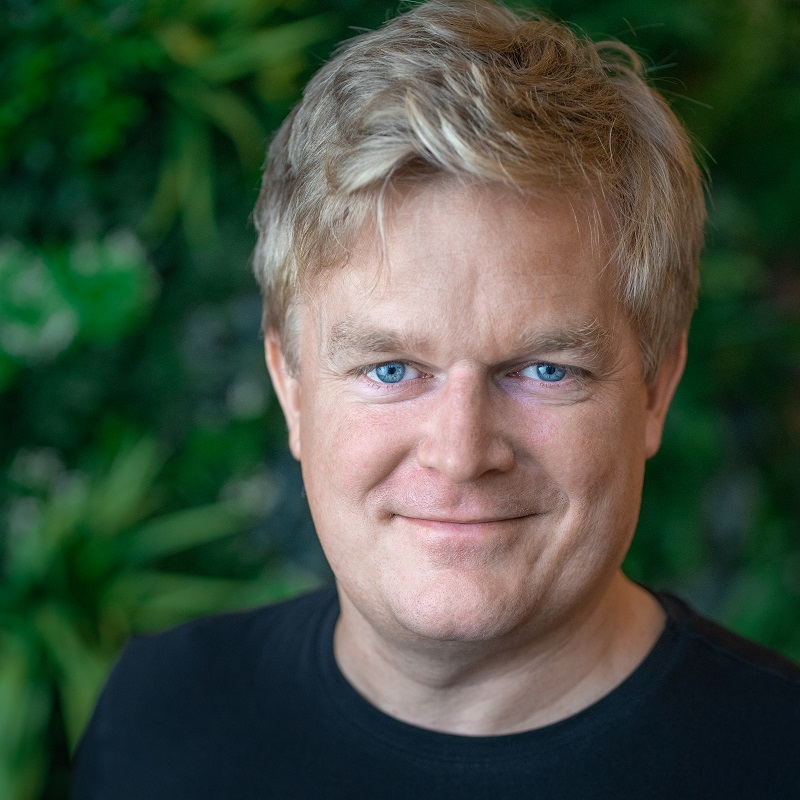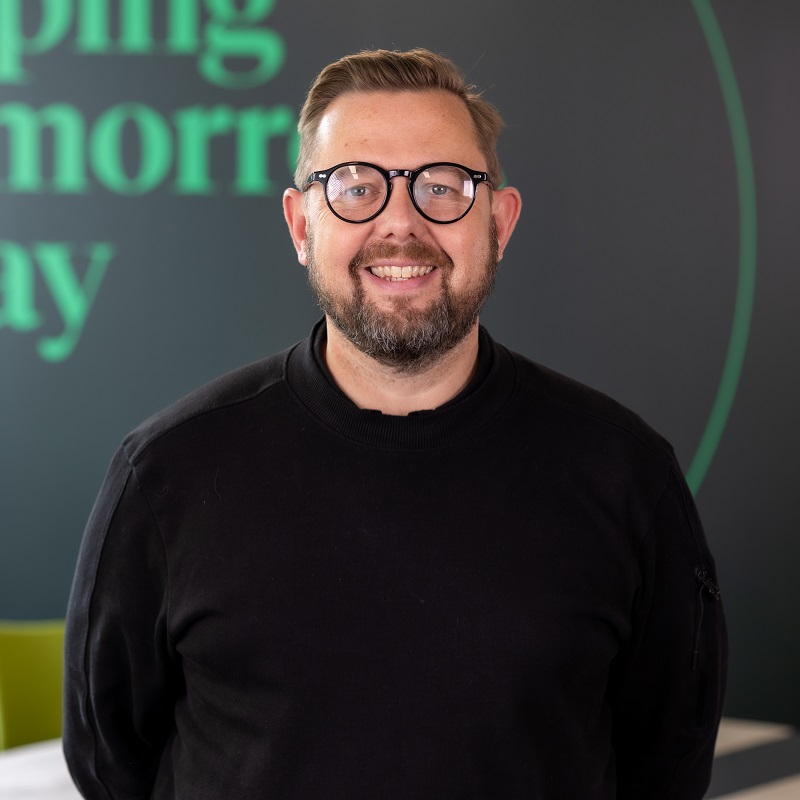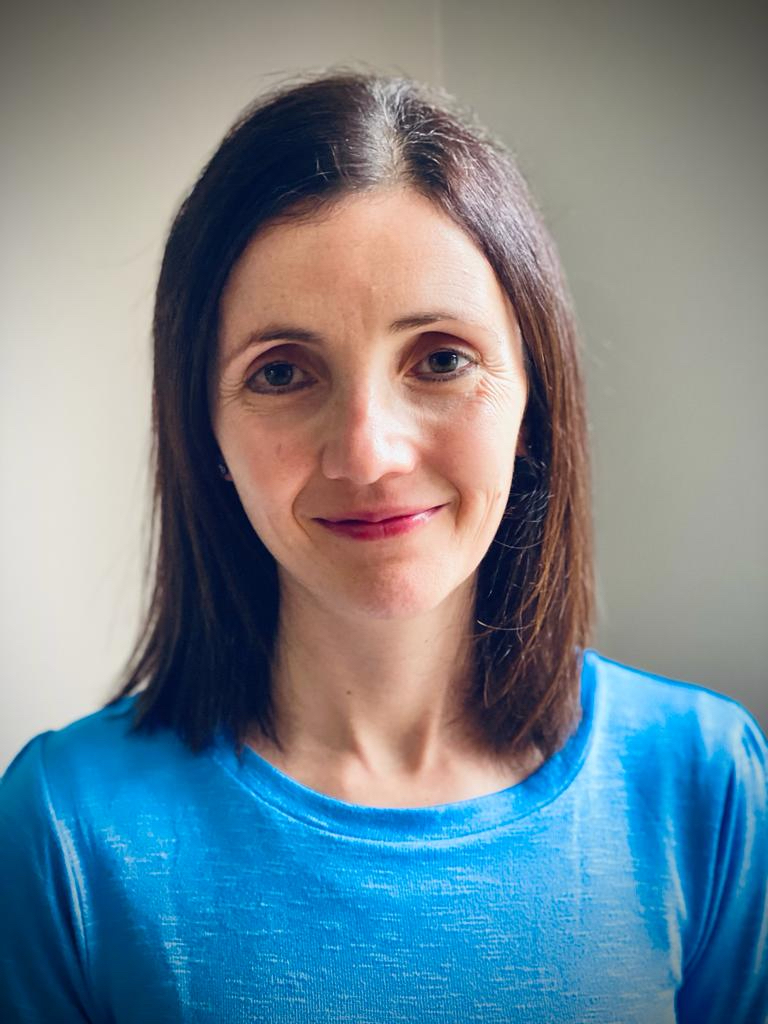
Matt Barker, MPB
Turning a hobby into a full-time business can be a challenge but Matt Barker has managed to turn his love of photography into MPB, a hugely successful online trading platform for used photographic and video equipment which has revenues of £65 million.
- What was the inspiration for your business?
I was studying Economics at the University of Warwick but I was a keen photographer and so I used to buy and sell used photographic kit on eBay as a way of funding my studies. When I graduated I decided to turn my side line into a proper business and in the past five years we have grown from 20 to 250 employees.
- How did you finance the growth of your business?
When I turned the sideline hustle into a full-time business I convinced Barclays Bank to give me a £100,000 loan, and over the next five years we gradually extended that loan to about £1.2 million. We had a really good relationship with a fantastic business manager at Barclays who really helped us. In 2016 I realised that there were many things that we hadn’t been able to fund, primarily technology and marketing, and we also wanted also to start scaling the business internationally, so we raised £2 million in equity funding from Mobeus, a venture capital firm.
- What has been the most difficult or challenging part of growing your business?
The challenge that never goes away, no matter how big you are or how much funding you have, is prioritisation. There are always things you wish you could do sooner and that remains our biggest challenge today, prioritising the technology roadmap and capital projects. You are never able to do what you want to do as quickly as you want to do it. It is a constant battle.
- What has been the impact of the pandemic on your business and how have you dealt with this?
We have been lucky that all of our revenue is generated online and that has obviously been a good place to be. During lockdowns people engaged more with hobbies and photography was something that people turned to a lot. We saw high demand for kit such as macro lenses which are used for taking close ups, as people began taking picture of insects and other things in their garden. As a result we were still able to deliver on our growth targets of 50-60% a year.
- What key lesson have you learnt about setting up and growing a business?
You have to become very good at communication and to learn to talk to people in different ways. People want to know who they work for and why they do what they do so that they have a real motivation to come to work every day and that has to come from the top through communication from the leaders of the business.
- What has been your biggest mistake?
On our first funding round we didn’t do enough due diligence on a potential investor that we were planning to bring into the business, and they would not have been the right partner for us. Thankfully with some help and advice from others we walked away from that, but it was certainly a mistake to commit as quickly as we did to that person. Bringing in an investor into the business is a huge step to take.
- What has been the secret of your success so far?
There is no secret. You just have to want to keep going.
- What advice would you give an entrepreneur just starting out about how to grow their business?
Make sure that you definitely want to do this. These days everyone wants to become an entrepreneur; it has become a very appealing thing to do and is seen as a way of getting out of going to work for someone else. But it is a not an escape, it is a huge commitment. If it is something that you genuinely want to do and are passionate about then it will be the best decision you will ever make and you should absolutely go for it, but make sure that is the case and that you want to commit your life to it. It is not some easy alternative to getting a job.
- What personal quality or characteristic has been most useful to you as an entrepreneur as you grow your business?
Resilience.


